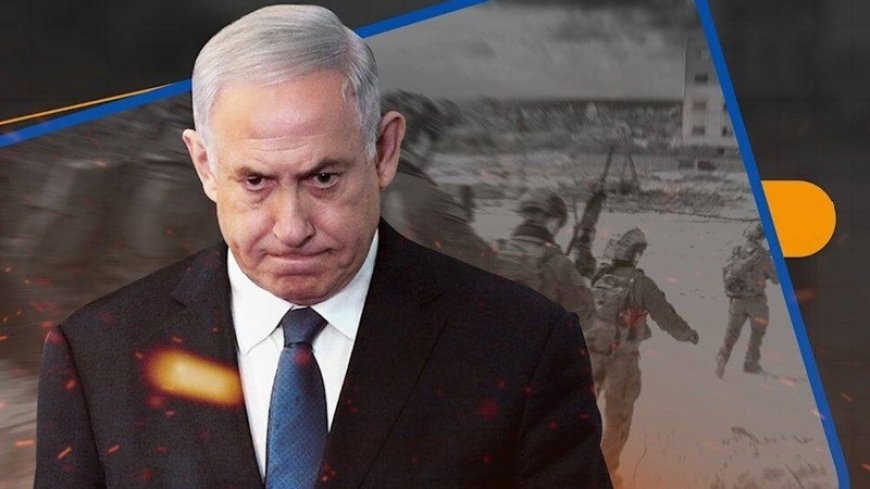In a significant development concerning the ongoing conflict in Gaza, a prominent expert on West Asian affairs has labeled Israeli Prime Minister Benjamin Netanyahu's recent actions as a desperate attempt to stave off the collapse of his administration. This assertion follows a critical resolution by the United Nations Security Council, which the expert describes as a "bitter and heavy defeat" for Netanyahu and his supporters.
The expert emphasized that officials within the Israeli administration view withdrawal from the Gaza conflict as tantamount to political suicide, believing it would accelerate the downfall of Netanyahu's government. This sentiment is reportedly widespread among agents of the Zionist regime, who fear that ending the military engagement would signal a catastrophic failure and embolden their adversaries.
Cabinet Resignations and Internal Discontent
The political ramifications of the Gaza conflict have been profound, with several members of Netanyahu’s cabinet tendering their resignations. These resignations highlight a growing internal discontent, with many cabinet members holding Netanyahu personally responsible for what they perceive as a strategic and operational failure in the face of Hamas resistance. The resigning officials argue that Netanyahu's policies have led to unnecessary losses and have failed to secure any tangible victories.
Security and Strategic Implications
The expert pointed to the extensive damage incurred across multiple sectors as evidence of the regime's vulnerabilities. This damage, both material and reputational, underscores the broader narrative of a regime in crisis. Netanyahu's appointment of new, more extreme figures to his cabinet is seen as a move to consolidate power and project an image of unwavering strength. However, this shift towards more hardline positions has also been interpreted as a sign of increasing desperation.
Regional and International Reactions
The situation has attracted considerable international attention, with various global actors expressing concern over the escalating violence and its potential repercussions. The United Nations Security Council's recent resolution calls for an immediate ceasefire and a return to negotiations, reflecting the international community's frustration with the protracted conflict and its humanitarian toll.
In conclusion, Netanyahu's current strategy in Gaza, characterized by aggressive military actions and political maneuvering, appears to be a double-edged sword. While it may temporarily bolster his standing among hardline supporters, it risks further isolating Israel on the global stage and exacerbating internal divisions. The future stability of Netanyahu's administration remains uncertain, contingent on both the outcomes of the Gaza conflict and the broader political dynamics within Israel.














































